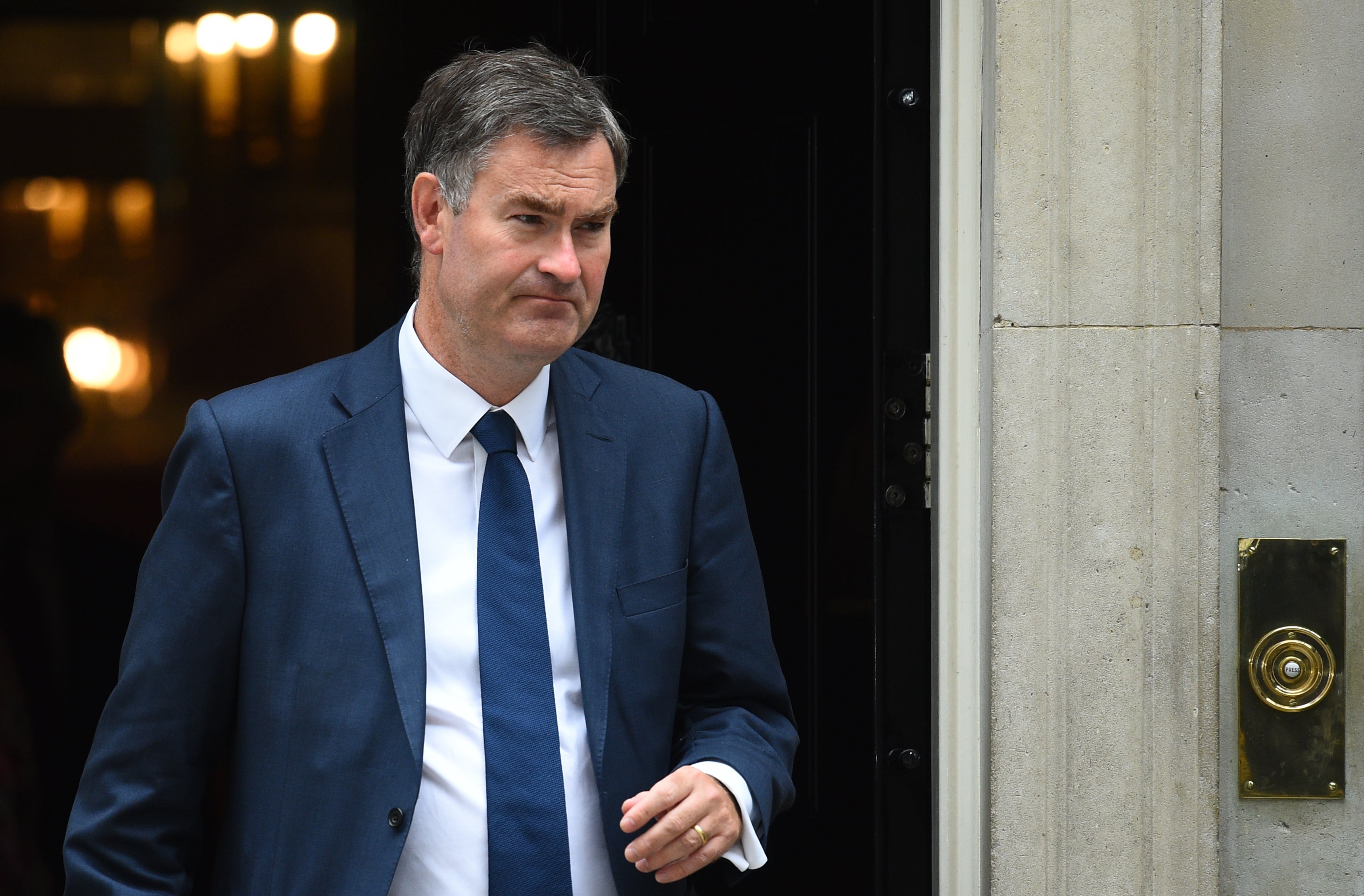‘Tough on crime’ politics has not made us safer – the prisons crisis has forced a rethink
As justice secretary Shabana Mahmood agrees to the biggest overhaul to sentencing in a generation, Amy-Clare Martin considers whether the new approach – to refocus the system on rehabilitation and reducing reoffending – will be effective


Britain is facing the biggest overhaul to sentencing and criminal justice in a generation as the government accepts a string of recommendations to ease prison overcrowding.
The shake-up will see many criminals, including some violent offenders, serve less time in custody with greater use of electronic tagging and punishments in the community, with many able to earn credits towards their release in return for good behaviour.
It comes after prisons once again came within months of running out of space entirely, risking the “total breakdown of law and order” which would leave police unable to make arrests and courts unable to send offenders to custody, justice secretary Shabana Mahmood warned last week.
While the overcrowding crisis may have forced her hand, many working in the criminal justice sector would argue these types of reforms are long overdue, but the “tough on crime” narrative which has pervaded British politics and media commentary in recent decades has left successive governments unwilling to act.
Over the past 50 years average sentence lengths have roughly doubled, in part driven by piecemeal interventions by politicians keen to ramp up punishments for crimes which spark the most public outrage.
This has allowed prison populations to soar, while politicians continued to overlook the key question: is prison working?
In a major intervention last year as the government was forced to start releasing prisoners early to free up space, four surviving former Lord Chief Justices called for a “fundamental shift” in our approach to sentencing policy, warning sentence inflation had left us on the brink of US-style mass incarceration.
It has been widely accepted that with prisons full and many inmates locked in their cells for 23 hours a day with no meaningful activity, many leave custody as better criminals rather than better members of society.

The package of measures set out in David Gauke’s Independent Sentencing Review, published today, seeks to take some steps to refocus the system on rehabilitation and reducing reoffending, as well as punishment.
He urged the government to take “decisive action” to ensure they are never forced to rely on the emergency release of prisoners again.
His plans, which aim to reduce the prison population by almost 10,000, mean those on standard determinate sentences will only serve a third of their term in custody if they behave in prison. They would serve another third under supervision in the community and the last third on licence, facing recall if they reoffend.
Serious offenders jailed for four years or more, including some sex offenders, could be released into supervision at the half-way point.
Short sentences of less than 12 months would also be scrapped, apart from exceptional circumstances such as domestic abuse cases.
Although Ms Mahmood is expected to accept most of Gauke’s proposals in principle, the government will stop short of accepting his recommendation to introduce earned, earlier release for the most dangerous offenders serving Extended Determinate Sentences.
For the measures to work, the government will need to invest heavily in overstretched probation services - which will be expected to safely manage offenders in the community, including thousands who will be electronically tagged.
Shadow justice secretary Robert Jenrick has described the proposals as a "get out of jail free card” for dangerous criminals, adding that convicts will get “discounts so big they'd make Aldi and Lidl blush."

However prison reform campaigners, who have broadly welcomed the proposals, warn even more needs to be done to address the overcrowding crisis.
Pia Sinha, chief executive of the Prison Reform Trust, hailed the review as a “once in a generation” opportunity and represents a “sensible, phased approach” to rehabilitation.
“These measures would encourage evidence-based policy and provide an important check on kneejerk responses to crime by politicians,” she added, but warned the review does not address the “significant impact” of longer sentences on prison populations.
Andrea Coomber KC, chief executive of the Howard League for Penal Reform, agreed the proposals are a “good start” but believes more must be done, including addressing the impact of indeterminate sentences.
“If the government really wants to ensure that the country never runs out of prison places again, it must be bolder and address the longest and indeterminate sentences that have driven the criminal justice system to the brink of collapse,” she added.
In his report, Mr Gauke notes “several levers” which fall outside the scope of his review could reduce the gap between prison demand and supply - including addressing the plight of more than 2,500 prisoners serving abolished Imprisonment for Public Protection (IPP) sentences.
The Independent last week revealed campaigner’s frustration that those serving IPP sentences have been repeatedly excluded from prison reforms, including emergency changes to reduce the recall population announced last week.
More than 1,500 of the 2,544 prisoners languishing on the jail term are inside on recall.
The sentencing review also recommended immediate deportation for foreign nationals handed a three-year sentence or less, and further exploration of the use of medication to suppress the sexual drive of sex offenders, currently being piloted in south-west England.
Bookmark popover
Removed from bookmarks